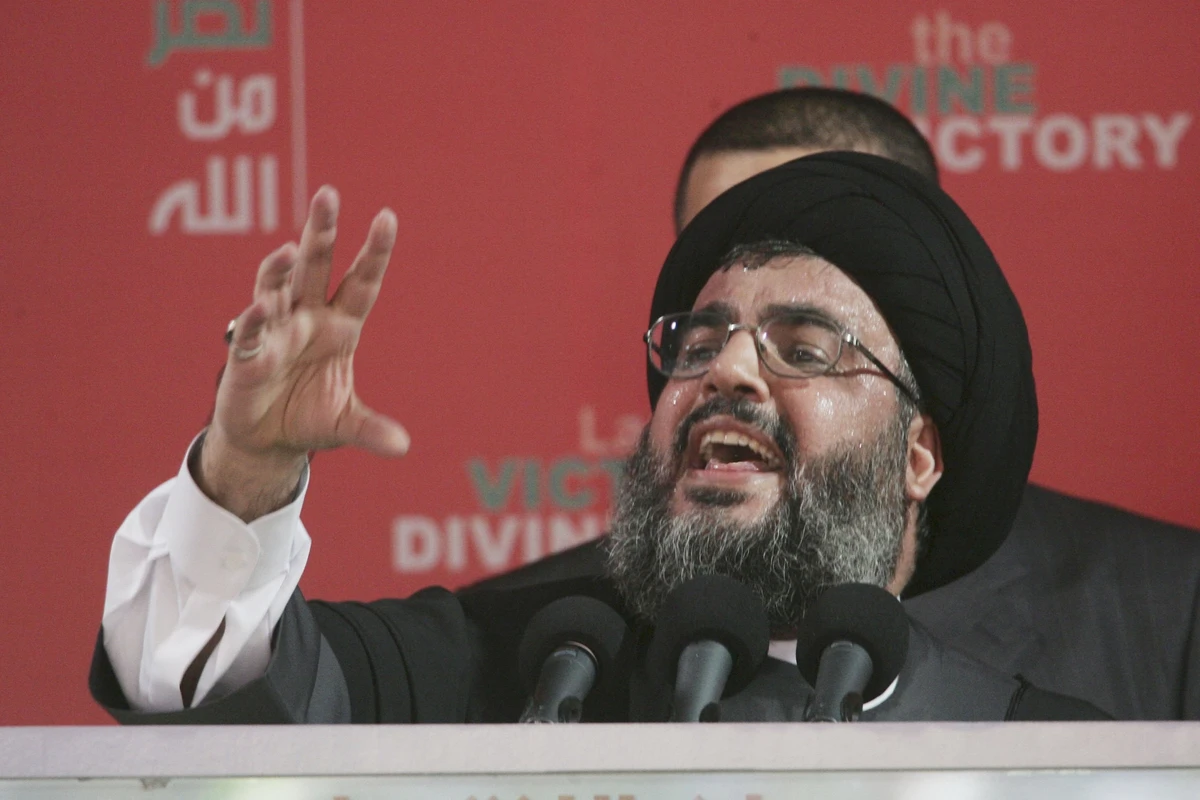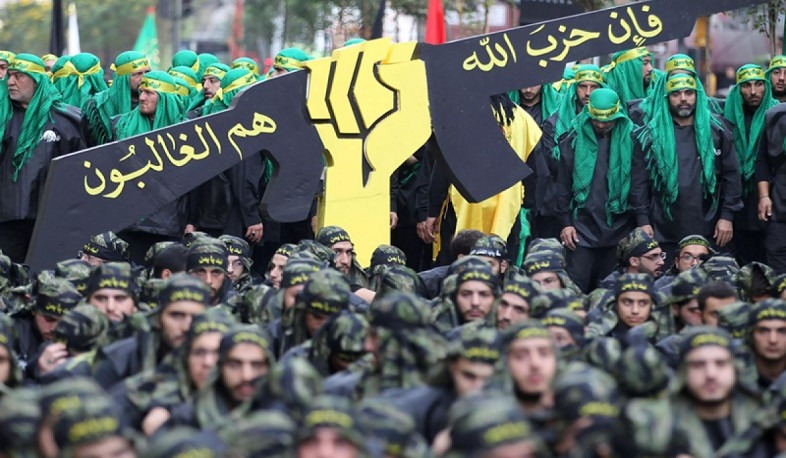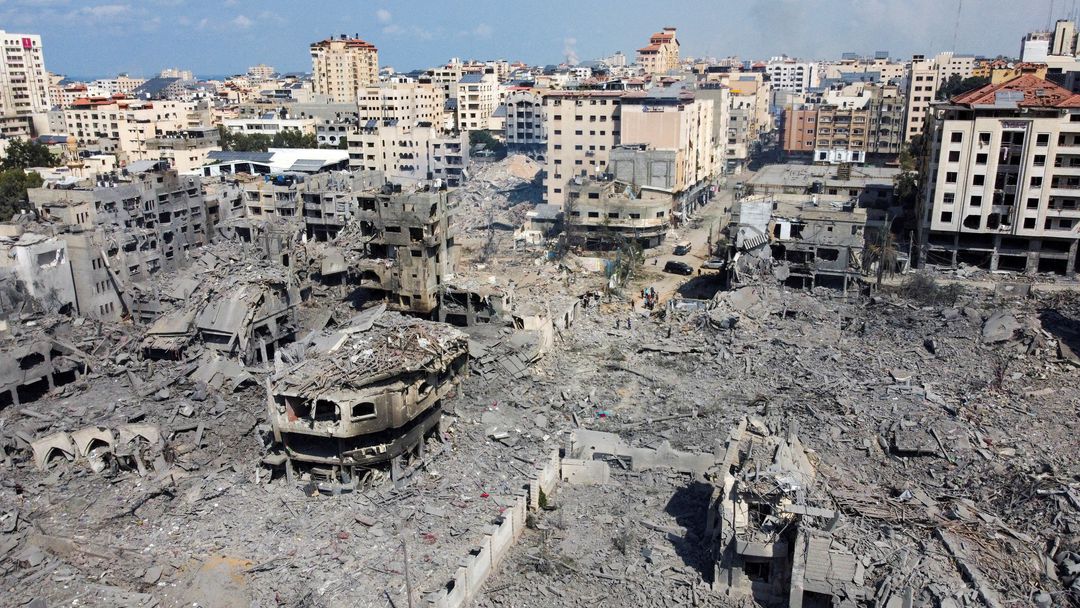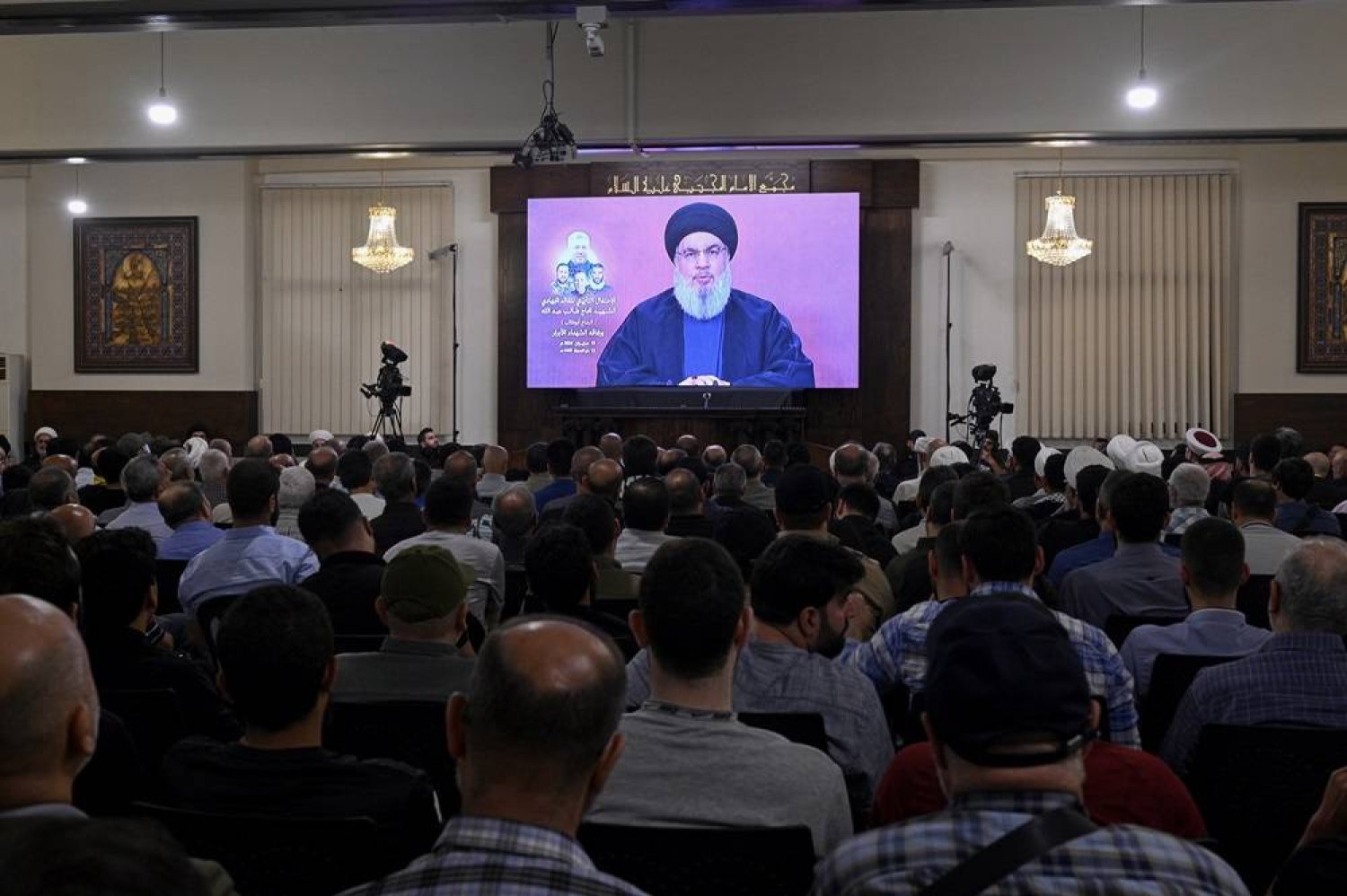In recent developments, Hezbollah, the powerful Lebanese militant group, has issued threats towards Cyprus, raising concerns over the stability and security of the Eastern Mediterranean region. This article explores the context behind these threats, the potential motivations of Hezbollah, the implications for Cyprus and the broader region, and the international responses to this emerging geopolitical challenge.
Context and Background

Hezbollah’s Profile
Hezbollah, or the Party of God, is a Shiite militant group and political party based in Lebanon. Founded in the early 1980s with support from Iran, Hezbollah has grown into a formidable military and political force. It has been involved in various conflicts, including the Lebanese Civil War, the Israeli-Lebanese conflict, and the Syrian Civil War, where it has supported the Assad regime.
Cyprus: A Strategic Location
Cyprus, an island nation in the Eastern Mediterranean, holds a strategic position due to its proximity to the Middle East, North Africa, and Europe. The country is a member of the European Union and has strong ties with both the West and its neighboring Middle Eastern countries. Cyprus has also been involved in regional energy exploration, which has heightened its strategic importance.
Hezbollah’s Threats
Motivations Behind the Threats
Several factors may be driving Hezbollah’s threats towards Cyprus:
- Regional Tensions: The Eastern Mediterranean has become a hotspot for geopolitical tensions, particularly due to disputes over maritime boundaries and energy resources. Hezbollah’s threats may be part of a broader strategy to exert influence in the region.
- Western Influence: Cyprus hosts British military bases and has strong ties with Western nations. Hezbollah, which views Western influence in the region with suspicion, may see Cyprus as a proxy target to challenge Western interests.
- Support for Israel: Cyprus has improved its relations with Israel in recent years, including cooperation on energy projects. Given Hezbollah’s longstanding enmity with Israel, this closer relationship may have provoked Hezbollah’s threats.
Nature of the Threats
The exact nature of Hezbollah’s threats remains unclear, but they likely involve potential military actions, cyber-attacks, or other forms of asymmetric warfare. The group has a history of utilizing a wide range of tactics, including guerrilla warfare, missile strikes, and sophisticated intelligence operations.
Implications for Cyprus

Security Concerns
The primary concern for Cyprus is the potential for direct attacks or destabilizing activities by Hezbollah. This threat could manifest in various ways, including:
- Terrorist Attacks: Hezbollah has the capability to carry out terrorist attacks on Cypriot soil, targeting key infrastructure, military bases, or public areas.
- Cyber Warfare: Given the increasing reliance on digital infrastructure, Hezbollah could launch cyber-attacks to disrupt critical services and sow chaos.
- Intelligence Operations: Hezbollah may engage in intelligence-gathering activities to gain strategic advantages and identify vulnerabilities in Cypriot defenses.
Economic Impact
Hezbollah’s threats could have significant economic repercussions for Cyprus, including:
- Tourism: Cyprus’s economy relies heavily on tourism. Any perceived threat to security could deter visitors, leading to substantial economic losses.
- Energy Projects: The island’s burgeoning energy sector, particularly its offshore gas exploration, could be jeopardized by instability and potential attacks.
- Investment Climate: Uncertainty and security risks may deter foreign investment, impacting the broader economy.
Political and Diplomatic Consequences
Hezbollah’s threats could also lead to political and diplomatic fallout:
- Internal Politics: The Cypriot government may face pressure to enhance security measures and reassess its foreign policy, potentially leading to political divisions.
- Regional Relations: Cyprus’s relations with neighboring countries and regional powers could be strained, especially if it seeks external support to counter Hezbollah.
- International Diplomacy: The situation may prompt greater involvement from international actors, including the EU, the US, and NATO, each of whom has vested interests in maintaining regional stability.
Regional and International Responses

Cyprus’s Measures
The Cypriot government has likely undertaken several measures to address the threat from Hezbollah, including:
- Enhanced Security: Increasing security around critical infrastructure, tourist sites, and military bases.
- Intelligence Cooperation: Strengthening intelligence-sharing arrangements with allied nations, particularly those with advanced capabilities like the US and Israel.
- Diplomatic Efforts: Engaging in diplomatic efforts to garner support and build a coalition to counter the threat.
Regional Dynamics
The threat from Hezbollah could influence regional dynamics in several ways:
- Israel’s Role: Israel, with its significant military and intelligence capabilities, may play a crucial role in supporting Cyprus against Hezbolah. The two countries could deepen their cooperation, particularly in the realms of intelligence and defense.
- Turkey’s Position: Turkey, with its own complex relationship with Cyprus, may use this situation to further its interests in the region. Ankara’s response will be closely watched by both Cypriot and international observers.
- Gulf States: Gulf countries, particularly those aligned against Iran, such as Saudi Arabia and the UAE, may offer support to Cyprus as part of their broader strategy to counter Iranian influence in the region.
International Involvement
Hezbollah’s threats are likely to attract wdbos international attention and response:
- European Union: As an EU member, Cyprus can expect support from the bloc, which may include diplomatic pressure on Hezbollah and Iran, as well as potential security assistance.
- United States: The US, with its significant military presence in the region and strong ties to both Cyprus and Israel, may provide critical support through intelligence, military aid, and diplomatic channels.
- United Nations: The UN could play a role in de-escalating tensions, possibly through peacekeeping initiatives or diplomatic mediation efforts.
Future Prospects
Long-Term Implications
The long-term implications of Hezbollah’s threats towards Cyprus will depend on several factors:
- Response Effectiveness: The effectiveness of Cyprus and its allies in countering Hezbolah’s threats will be crucial in determining the outcome. Successful mitigation of the threat could enhance Cyprus’s security and stability.
- Regional Stability: The broader stability of the Eastern Mediterranean will influence how this situation evolves. Efforts to resolve underlying geopolitical tensions will be vital.
- Hezbollah’s Strategy: Hezbolah’s future actions and strategic goals will also shape the long-term scenario. If the group decides to escalate its activities, the region could see increased instability.
Potential for De-escalation
Despite the seriousness of the threats, there is potential for de-escalation:
- Diplomatic Channels: Engaging in diplomatic negotiations involving regional and international stakeholders could help reduce tensions.
- Confidence-Building Measures: Initiatives aimed at building trust between conflicting parties could pave the way for peaceful resolutions.
- International Mediation: The involvement of neutral international mediators could facilitate dialogue and mitigate the threat.
Conclusion
The threats from Hezbollah towards Cyprus represent a significant geopolitical challenge with far-reaching implications for regional stability and international security. As Cyprus navigates this complex situation, the support of its allies and the effectiveness of its response strategies will be critical. The international community must remain vigilant and proactive in addressing this evolving threat to ensure peace and stability in the Eastern Mediterranean.
Read More Article About “CHIO Rotterdam: A Premier Equestrian Event 2024“























